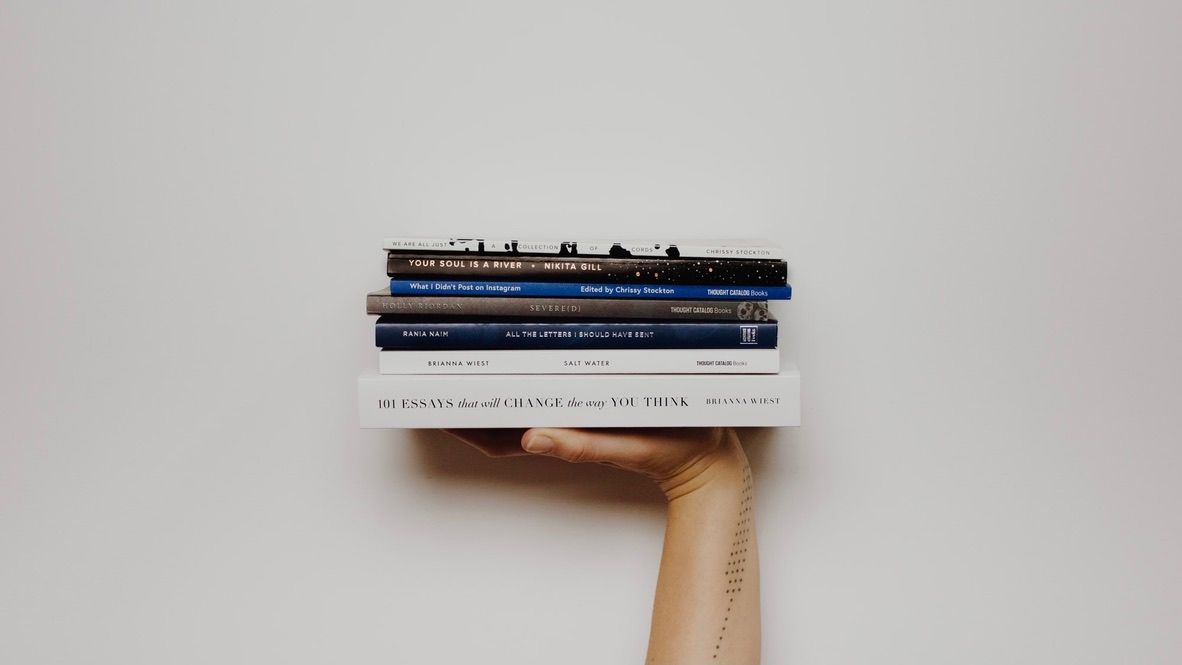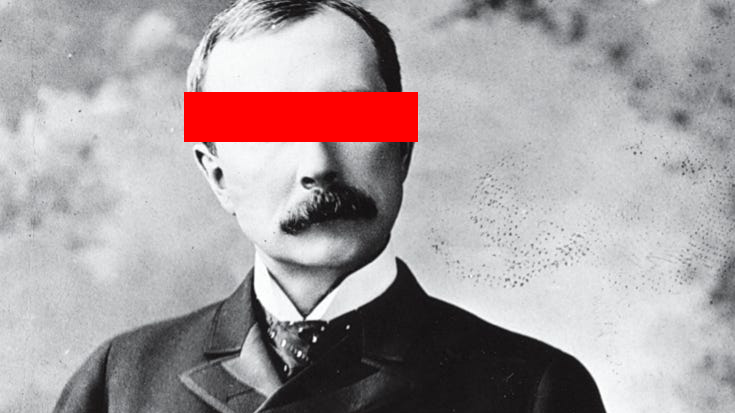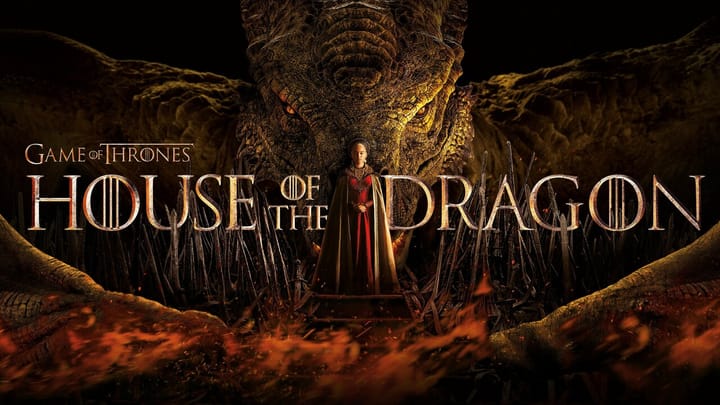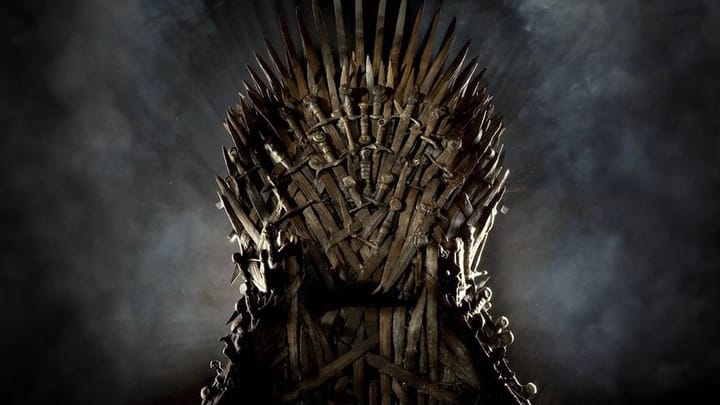Why Reading Will Make You Successful
Why, what, and how to read

Why You Should Read
We read a lot. I don’t know anyone who’s wise who doesn’t read a lot. But that’s not enough: you have to have a temperament to grab ideas and do sensible things. Most people don’t grab the right ideas or don’t know what to do with them. – Charlie Munger (Warren Buffett's business partner)
If you want to be successful, you have to read. All of the most successful people throughout history were avid readers.
Reading is an investment in yourself. Warren Buffett said that buying Benjamin Graham's book, The Intelligent Investor, was the single best investment he ever made. As Charlie Munger (Warren Buffett's business partner) says, if you go to bed a little wiser than when you woke up, you cannot help but become successful.
One of author Ryan Holiday's mentors told him that reading was a moral duty. People have struggled and fought for accessibility to books. To not read is beyond stupid – it's offensive. It's offensive to the people who died for the access to information that you have.
"A person who won't read has no advantage over one who can't read." - Mark Twain
Reading cannot be replaced with YouTube videos or podcasts. They are good for supplemental information, but you need to get the basics from books.
General Jim Mattis has been known to promote "functional literacy." He says that people who have not read hundreds of books are functionally illiterate and they will not succeed in life because they only have their personal experiences to work with.
How can we become functionally literate?
In The 4-hour Work Week, Tim Ferris said that if you read the top 3 books on a subject, you’ll be an expert. This is our key to functional literacy. We need to read at least 3 books on any subject that we find interesting. Over time, we will reach Jim Mattis's 200 book standard and become functionally literate.
Functional literacy will improve your life more than anything else. You will be healthy, have great relationships, and have a fulfilling career.
What to Read
“Read the best books first, otherwise you’ll find you do not have time.” – Henry David Thoreau
I recommend reading 100 great books per year for 2+ years. It will completely change your life. But you have to make sure to read only the best books and understand why you're reading them.
How do we find great books to read?
The easiest way to find books to read is to go to this website. It has a list of successful people and their recommended books. But there is a problem with only reading popular books. Author Haruki Murakami has said that, "If you only read the books that everyone else is reading, you can only think what everyone else is thinking."
How do we find great books that other people don't read?
The best method I've found is to select a historical figure, Alexander Hamilton, for example. Then figure out who their influences were and read books by them.
Why do we read?
- We read to improve our decision making.
- We read the classics to learn about human nature.
- We read business biographies to learn that successful people are just like us.
- We read the sciences to learn about new technology.
- We read finance books so that we don't lose our money.
- We read history books so that we don't make the same mistakes as the people before us.
- We read philosophy, psychology, and neuroscience to understand ourselves.
- We read broadly to figure out what we want to do in our careers and relationships.
How to Read
Developing the Habit
We need to develop the habit of reading. To do this effectively, we can use some of the tactics from James Clear's Atomic Habits:
- Set a time and place to read using this formula: "I will [behavior] at [time] in [this location]." Example: I will read Digital Wealth at 8 am in the living room.
- Rearrange your environment. For example, set your book on your bedside table so it's easy to read before bed or after you wake up. Also, you can get the Kindle version or audiobook to read on your phone anywhere.
- Give yourself a reward for reading. After you read a chapter, you get to have a piece of cake (though I don't recommend eating cake).
- Join a book club. This gives you accountability.
- Start small. It's better to start reading a few pages a day and succeed than try to read a book a day and fail.
The Commonplace Notecard System
A commonplace book is a journal used to collect great passages that you find while reading. It has been used by authors for centuries and is the best system for organizing ideas.
In recent times, the author Robert Greene has adapted this system to the commonplace notecard system. Instead of a journal, you write each quote or passage onto a notecard. This allows you to easily flip through and group ideas together in a comprehensive way. It is fantastic for writing books as it allows the author to easily structure and rearrange the ideas chapter by chapter.
As you read, take note of passages that stand out to you. Write in the book, annotate, highlight, underline, or use sticky notes. Once you finish the book, wait a few weeks and then come back to it. Read through your highlighted passages and then rewrite them onto 4x6 notecards. Then write a title with key ideas and themes at the top so that you can easily identify them. When you're done, you should end up with roughly 10 notecards that summarize the 10 best ideas or stories from the book.
The reason we wait a month between reading a book and making our notecards is because it helps us retain the information better. The more times we study an idea over time, the more information we retain.
The YouTuber Alex Belser has improved on the system. He numbers each notecard and then copies the card title and number into a spreadsheet so he can easily keep track of every card. It allows you to use "Ctrl+F" to search for any topic and analyze your ideas.
Reading Tactics
Listen to audiobooks while you are doing chores, commuting to work, or doing any task that doesn't require your full attention.
Buying a lot of books from Barnes and Noble, Apple books, or Audible can be expensive. To reduce your costs, you can get the "Libby" app. It's a library app that allows you to rent digital books for free.



Comments ()